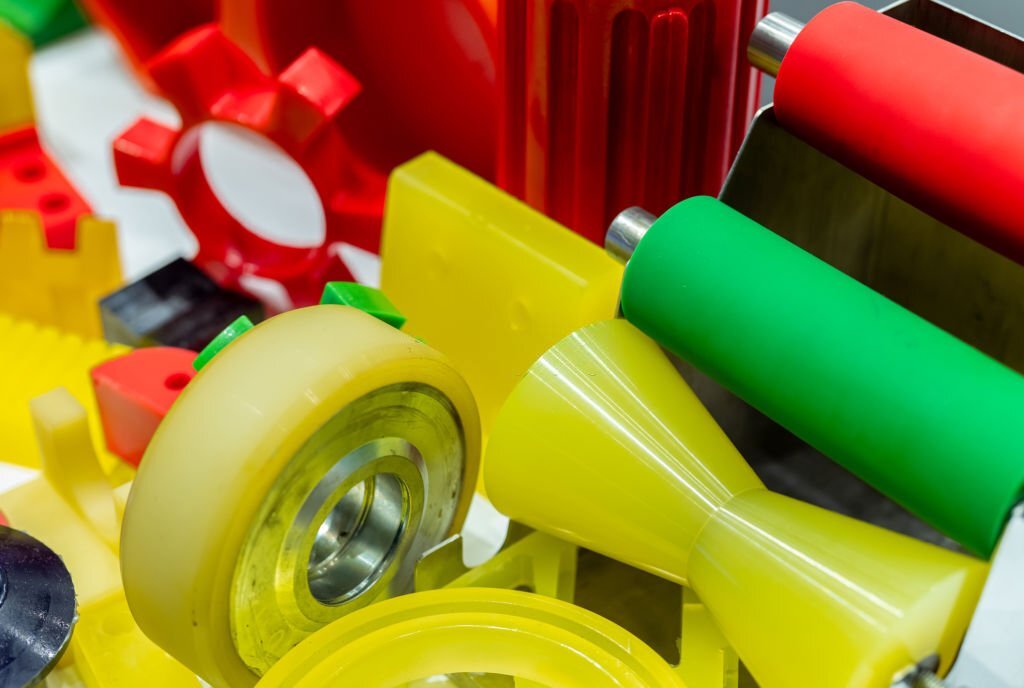Urethane and polyurethane casting has been slowly taking over the world recently. But they have existed almost hundreds of years before now. The first appearance of urethane came in the early 1930s. Since its inception, urethane has been deployed across various industries and lines. There is hardly any industry where urethane can’t be deployed. Ranging from using it for heavy machinery to less complex needs, urethane is a popular option. Of course, it is not the only type of resin, but it is undoubtedly one of the most flexible options. With its many advantages, urethane stands out amongst other resins.
Urethane’s main advantage is its versatility. The primary use of urethane is to make plastic items, but these items come in a range of features. You can use urethane to make different types of plastics. Some of the plastics can be as soft as possible, while you can have the harder ones. It depends on the specifications, purpose, and preference. Whether you need urethane to be as hard as a rock or you need it to be extremely soft, it has to undergo a process known as casting. Casting urethane simply means using urethane to make materials of high quality without spending so much money. However, it is not an easy process. If it is your first time, you may not exactly be expecting success. Therefore, we advise casting the urethane in a smaller quantity to see the mistakes and understand the process. There is no expert at casting urethane that got it on the first trial, except through strict supervision from a professional. You are bound to make mistakes when casting urethane for the first time. However, you can reduce the amount of errors you will make by learning about it properly or submitting to a pro to guide you. In this guide, we’ll discuss tips you should have at the back of your mind before and during your urethane casting.
Urethane creates heat
If you have a chemistry background, you will most likely understand what an exothermic reaction means. Exothermic reaction simply refers to heat creation during the reacting process. The exothermic reaction occurs when you are casting urethane. Therefore, where there is very much urethane, the reaction will be faster. The heat will quicken the reacting process of the urethane.
Urethane isn’t resistant to paint
After casting, you may want to focus on the aesthetics. Although urethane casting usually focuses on solidification and strength. But you can not rule out the aesthetics. Painting is one of the best ways to have the aesthetics perfect. With urethane, your paint can easily make it a lot better and more beautiful.
Moisture doesn’t work well with urethane
Urethane is a great material overall, but when it comes in contact with water, there is a big problem. Urethane gives an immediate reaction when it comes in contact with water. It is so bad that if you have wet air, your urethane will react. So you need to be extra careful withwater when casting urethane.
Shrinkage will occur
In its natural state, urethane comes as a liquid substance. But as much as the casting occurs, it solidifies. During the solidification, Shrinkage occurs.
